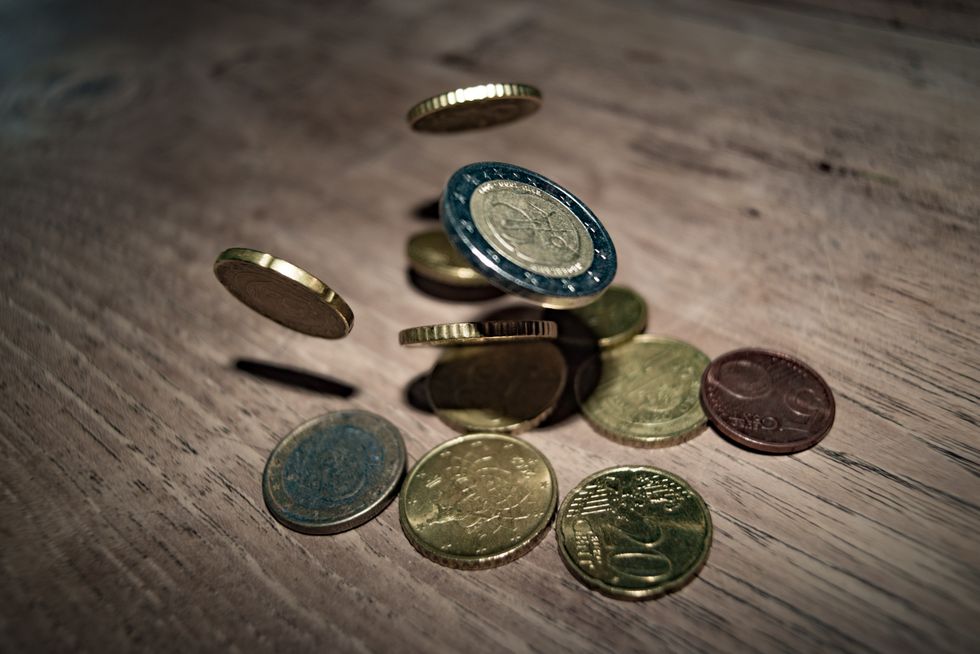Countries in the international economic system have many options on how they can interact with other states with goods, money, tariffs, etc. However, there are two major economic camps that states can follow, mercantilism and liberalism.
Mercantilism believes that the state should be self-efficient by expanding domestic industries while limiting the influence of imports on the state's economy. The state should invest in its own economy by encouraging the domestic production of goods. Depending on imports for a nation may lead other nations to take advantage if a state is only dependent on foreign goods. Under that assumption and belief, trade with other nations must be cautious and should only be used to supplant the domestic industries.
Another concern with mercantilism is the nature of having imports flood a home nation's economy. A nation's goods may be more expensive than foreign goods that are imported. As a result, the nation should impose taxes or tariffs on foreign goods entering the nation so that the domestic industries are protected from cheaper goods from overseas. If a nation does depend more on imports than exports, it would have a trade deficit where more money is going out of the country than going in. It is more beneficial for a nation to produce goods that will provide greater exports than imports that will lead to more income to flow to the nation which can further enhance domestic industries.
The liberal view of trade heavily contrasts the view of mercantilism by encouraging free trade. Liberalism believes in achieving benefits for all nations that work together through international trade rather than closing off its borders. Liberalism still emphasizes that a nation could still build its own domestic industries, but it would require the help of other nations by importing goods that would have been less efficient to product domestically. An economically liberal nation would decrease tariffs and formulate free trade treaties with other states.



















